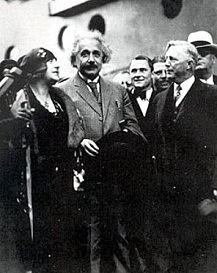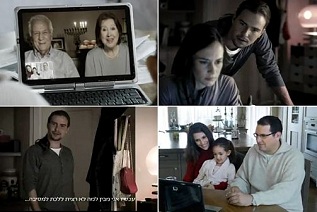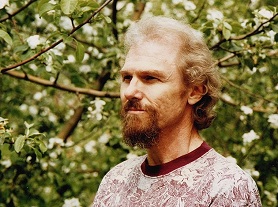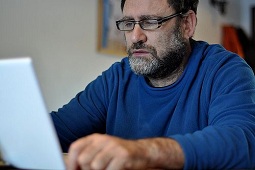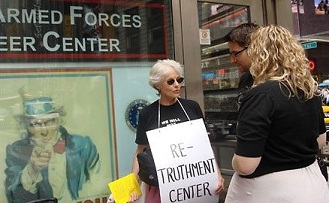Strategies of Deception
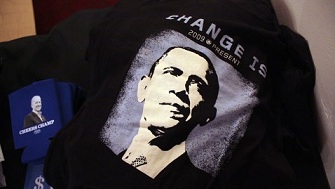
Yes We Did: Obama Deploys ‘Change Is’ Slogan
The first step towards that is to free ourselves from the strategies of deception with which the oligarchs try to shape our minds. The second is to join with others in active struggle. Just being angry isn't enough; to succeed we must be organized and militant.
To get a preview of Obama's strategies for winning a second term, we just need to read the liberal press. They are giving lip-service praise to the current protests while trying to steer them in a direction that serves the Democratic Party. Seeking to restore the fading illusion that the Democrats work in the interests of the 99%, they imply that if Obama is given a second term, his true nature will emerge and he'll crack down on the greed and corruption of the 1% and lead the country in a progressive direction. They conveniently ignore that he's done the opposite during his three years in office.
They also try to scare us into voting for him by claiming a Republican president would be much worse. In fact the differences between Republicans and Democrats are mostly a matter of image and style. Their military policies are equally aggressive, and their economic policies differ only in nuances. But the Democrats put a friendly face on their administration of capital. Their rhetoric is sprinkled with populist slogans as they're bailing out banksters and dropping bombs.
The more blatant style of a Republican president might actually be better now because it would generate more opposition at home and abroad. This opposition needs to build into militant resistance before it will produce real change. To prevent this sort of uprising was one of the reasons the corporate elite backed Obama. And until recently he's succeeded in quieting dissent. With masterful PR legerdemain, he put the antiwar movement to sleep while continuing to fight the wars. Under a Republican president we could revive the spirit of revolt and mobilize the people of the world against the empire. It's going to take that kind of international struggle to overthrow this colossus.
Another strategy of deception is to claim that the good old days of middle-class prosperity can be brought back. Both major parties say their policies will restore high employment at good wages. But those times are gone.

























